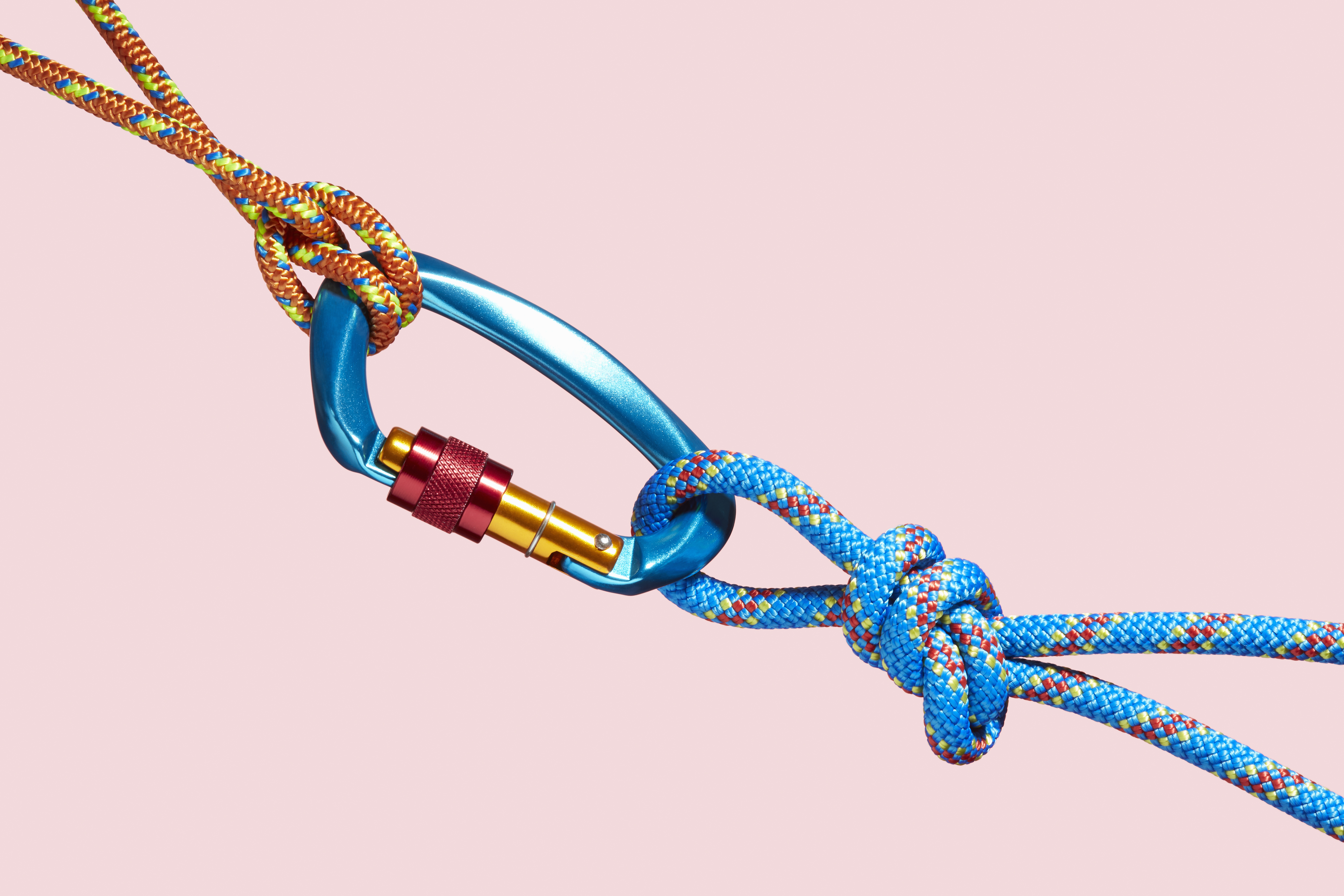Dr. Lisa Barrett, Ph.D., a professor of psychology at Northeastern University, wants to let you in on a little secret about your feelings. “You have more control over your emotions than you think you do,” she says in a TED talk with over three million views. “I don’t mean that you can just snap your fingers and change how you feel the way that you would change your clothes, but your brain is wired so that if you change the ingredients that your brain uses to make emotion, then you can transform your emotional life.”
Barrett, who has studied the science of emotions for over 25 years, says that emotions are a lot like predictions. When something happens to us, our brain starts “working like crazy,” sorting through our lived experiences to figure out what the situation most closely feels like.
Here’s an example: You’re talking with someone who has an “emotionless” look on their face. You may think to yourself, “What are other times where I’ve seen someone make this face?” Perhaps their expression will remind you of a time someone else was disappointed in you, and in remembering that, you’ll assume that this person is unhappy, too. This is your brain making an educated guess. But of course, a guess can be incorrect.
There are ways to combat our brain’s predictions and become emotionally stronger, Barrett says. To start, when you notice stressful feelings festering inside you, ask yourself: Could this have a purely physical cause?
By asking this question, you can attribute your anxiety to physical discomfort — which can, for some, be more palatable than the former. If your stomach is churning before a big meeting, Barrett suggests distancing yourself from the idea that it’s due to anxiety. There are plenty of reasons that your tummy could be rumbling. Maybe you’re hungry, and should grab a healthy snack. Reframing your feelings in the moment is a skill that Barrett calls “emotional intelligence in action,” and can put the power back in your own hands.
Barrett isn’t suggesting that we can talk ourselves out of more serious conditions, like depression or clinical anxiety, but she is empowering us to take control of our emotions. “We have the capacity to turn down the dial on emotional suffering and its consequences for your life by learning how to construct your experiences differently,” she says. And that’s a message we can all get behind.
Follow us here and subscribe here for all the latest news on how you can keep Thriving.
Stay up to date or catch-up on all our podcasts with Arianna Huffington here.


